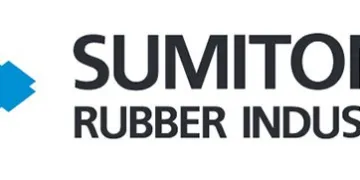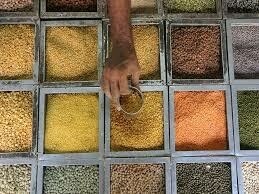The suggestion is significant at a time when natural rubber exporting countries are increasingly on their way to become rubber-consuming nations. If the trend continues, she said, the surplus availability of rubber for export from these countries might come down in the long run.
Thomas was speaking at the TESS conference organised on the golden jubilee of the Indian Tyre Technical Advisory Committee, technical wing of the Automotive Tyre Manufacturers Association.
Rubber and tyre manufacturing operations are being pursued with diligence and even incentivised by Thailand, Indonesia, Vietnam and Malaysia.
While global consumption of rubber is expected to grow less than 4 per cent this year, consumption is expected to grow 8.3 per cent in Thailand, 12.4 per cent in Indonesia and 17.6 per cent in Vietnam. The industrial policies in Thailand, Indonesia, Malaysia and Vietnam are focussed on attracting investments in downstream rubber goods manufacturing, she said.
Sounding a cautionary note, she said the continued economic slowdown in different markets and a fall in commodity prices might lead us to believe that there is overcapacity in raw materials. However, that might be a false assumption, she noted.
Thomas invited the industry to be a part of the new initiative called ‘ANRPC Public-Private Forum’, which entails fruitful dialogue involving the downstream manufacturing industry, synthetic rubber industry, producers of natural rubber, and policy-makers in rubber producing countries, for a sustainable natural rubber industry.
“As emerging economies grow and there is rising demand for more resources — the choice is clear. Either we deplete resources fast or we adopt a sustainable path,” she added.



























